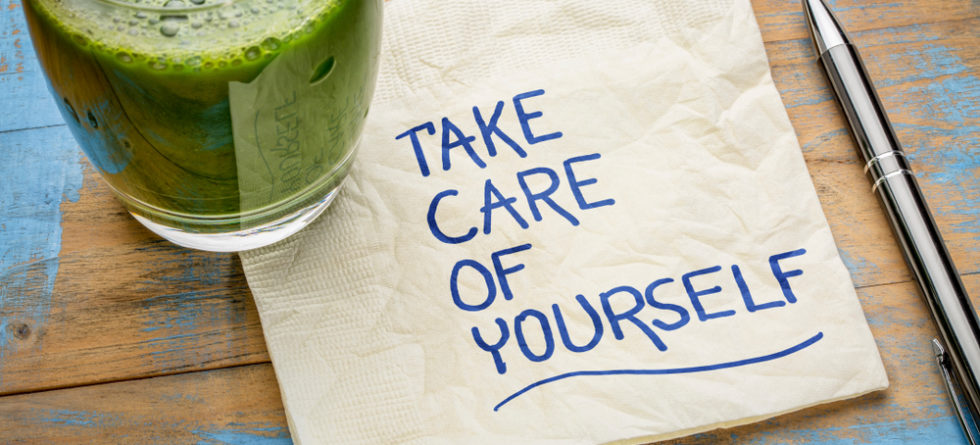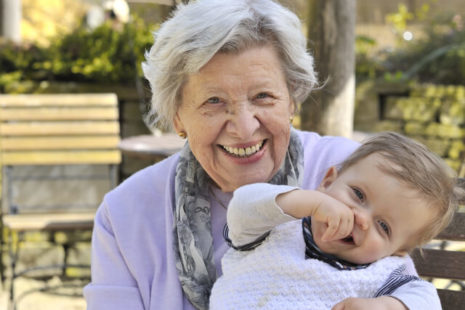It’s more important than ever for nurses to take care of themselves.
Clinicians often experience considerable psychological distress related to working demands, and the COVID-19 pandemic has only added to that. Healthcare systems and organizations play an important role in promoting a healthy work environment to reduce distress, but changes coming from the top may be inadequate to meet individual needs. Nurses and other clinicians must take control of their own health, especially in a time populated with new challenges and obstacles. Self-care is vital. A study by Wei and colleagues explains how clinicians can elevate six strategies into a self-care model using the ENERGY acronym: Energy source, Nurturing kindness, Emotional hygiene, Refocusing purpose, Germinating positivity, and Your uniqueness. (See ENERGY self-care model.) Consider incorporating these strategies into your daily routine to reduce stress and promote well-being.
Research shows that positivity and gratitude can change our brains.
Wong and colleagues examined participants’ mental health and brain functions under three conditions
- psychotherapy with gratitude expression (writing letters of appreciation to others)
- psychotherapy with expressive writing (writing about their deepest thoughts and feelings about stressful experiences)
- psychotherapy alone
Gratitude group participants showed the most significant improvement in their mental health and brain function. Practicing gratitude improves brain function in the regions such as the hypothalamus, which secretes dopamine, oxytocin, and endorphin. These hormones are beneficial to our mental health and help us feel happier and less depressed.
By Holly Wei, PhD, RN, CPN, NEA-BC, and Trent L. Wei, MD – Learn more —>





